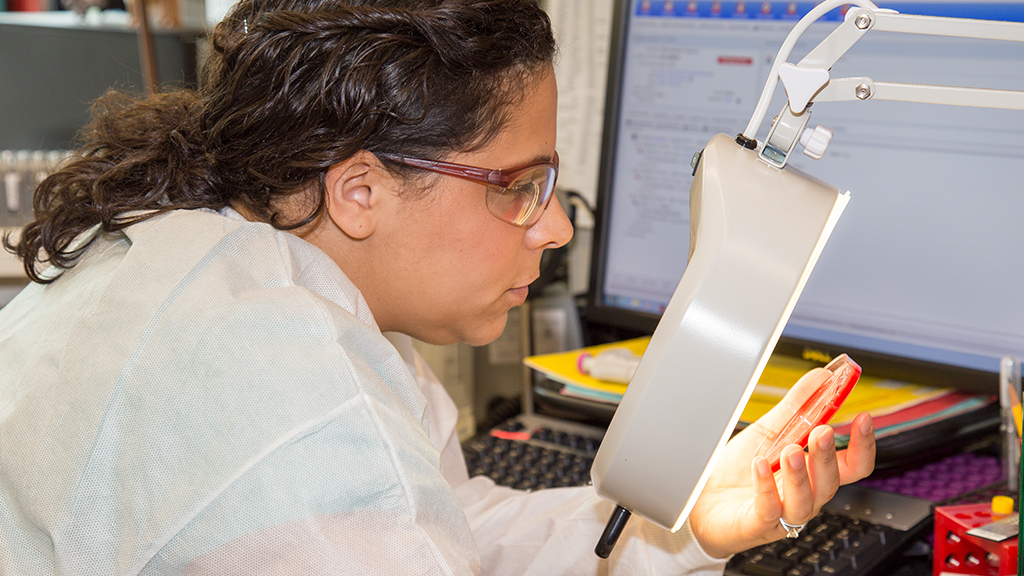The health of pets is a top priority, and keeping them healthy starts with health checks. Pet health labs are pillars of modern pet care in ensuring proper care for dogs, cats, and other pets.
In this discussion, we’ll explore the value of lab tests for animals and highlight the most common exams.
Understanding Pet Diagnostic Centers
Advanced veterinary diagnostics focus on testing for testing biological materials. They provide critical insights to develop effective treatments.

Steps in veterinary testing usually includes:
- Obtaining specimens: Specimens from pets are gathered during visits.
- Advanced diagnostics: Modern technology provide results.
- Providing actionable data: Data supports treatments for proactive solutions.
Key Diagnostics for Pet Health
Diagnostic exams are tailored to pet needs to detect illnesses early. Routine diagnostics include:
- Biochemical screens: Monitor immune responses.
- Urine testing: Evaluate kidney function.
- Fecal analysis: Detect worms or parasites.
- Sensitivity screens: Support long-term comfort.
- Radiographic evaluations: Evaluate bone and joint health.
laboratório veterinario sp
análise laboratório veterinário
Why Diagnostic Exams Are Essential
Routine diagnostics is key to keeping pets healthy. By addressing concerns promptly, your pets stay healthier longer.

The importance of routine exams include:
- Longer, healthier lives: Recovery chances improve.
- Cost savings: Ongoing health is monitored affordably.
- Confidence in care: You’ll know they’re thriving.
Why Testing Matters for Dogs and Cats
Animal diagnostic centers play a key role in modern pet care. By making testing part of their care, you support their quality of life.
Schedule a diagnostic exam now and keep them healthy and thriving!